President Muhammadu Buhari presented the 2016 budget to a joint session of the national assembly on Tuesday, maintaining that the oil benchmark would be at $38 per oil barrel, against the OPEC rate of $30.74 per barrel.
The N6.08 trillion budget has a deficit of N2.22 trillion, and the exchange rate was pegged at N190.
The capital expenditure rose from N557 billion to N1.8 trillion, which is 30 per cent of the total budget.
The president said about 2.1 trillion of the budget will be financed through foreign and domestic loans, revealing that the loans will be used for capital projects.
Advertisement
Buhari said N1.36 trillion had been provided for foreign and domestic debt servicing, and emphasised the need for prudent management of debt portfolio and deployment of foreign exchange earnings.
He said the 2016 budget represents a major step in delivering a new opportunity for Nigeria, adding that it also demonstrates government’s “confident optimism” that in spite of the nation’s current challenges, it had the will, resourcefulness and commitment to deliver prosperity to the people.
“This budget will ensure that every kobo spent by government counts; we will devote a significant portion of our current expenditure to institutions that provide government services,” he said.
Advertisement
“Government needs to move away from dependency on oil. Our growth must be inclusive; indeed tough decisions will have to be made but this does not necessarily mean increasing the level of pain already being experienced by most Nigerians.
“Nigeria is open for business but the interest of all Nigerians must be protected first. Nigerians must be part of the growth story. Our government shall deliver on security, jobs and infrastructure; it is the right of all Nigerians.
“By the grace of almighty God and the will and determination of the Nigerian people, we will come out stronger and more united than ever.”
Buhari said he was aware of the problem many Nigerians faced in terms of accessing foreign exchange for their various purposes and attributed the problem to the current inadequacies in the supply of foreign exchange to Nigerians in need of it.
Advertisement
Buhari quoted Godwin Emefiele, governor of the Central Bank of Nigeria (CBN), as saying that the apex bank was currently fine tuning its current foreign exchange management.
The president explained that this would introduce some flexibility and encourage additional inflow of foreign currency to help ease the pressure.
With N433.4 billion, the ministry of works, power and housing, has the highest allocation, next to education with N396billion, health N296 billion and defence, N294 billion.
The budget is an increase of about 40 per cent from the previous budget of N4.357, which the administration of former President Goodluck Jonathan presented to the national assembly the previous year.
Advertisement
Buhari was commended for appearing before the assembly and not delegating the responsibility.
Commenting on the decision of Buhari to perform the task himself, Senate President Bukola Saraki, who moderated the programme in his capacity as the chairman of the joint session of the assembly, said: “Mr. President, your coming to this hallowed chamber in person today to present the 2016 draft appropriation bill, bears eloquent testimony to your profound respect and commitment to the ideals of our constitutional democracy and the dictate of the rule of law.
Advertisement
“This is the first time in a few years that the president of Nigeria has personally performed this constitutional task. It highlights the importance you have attached to building a smooth working relationship with the national assembly. This is a positive gesture that is not lost on all of us.”
Vice-President Yemi Osinbajo, Yakubu Dogara, speaker of the house of representatives, Mahmud Mohammed, chief justice of Nigeria, were among those present.
Advertisement
1 comments
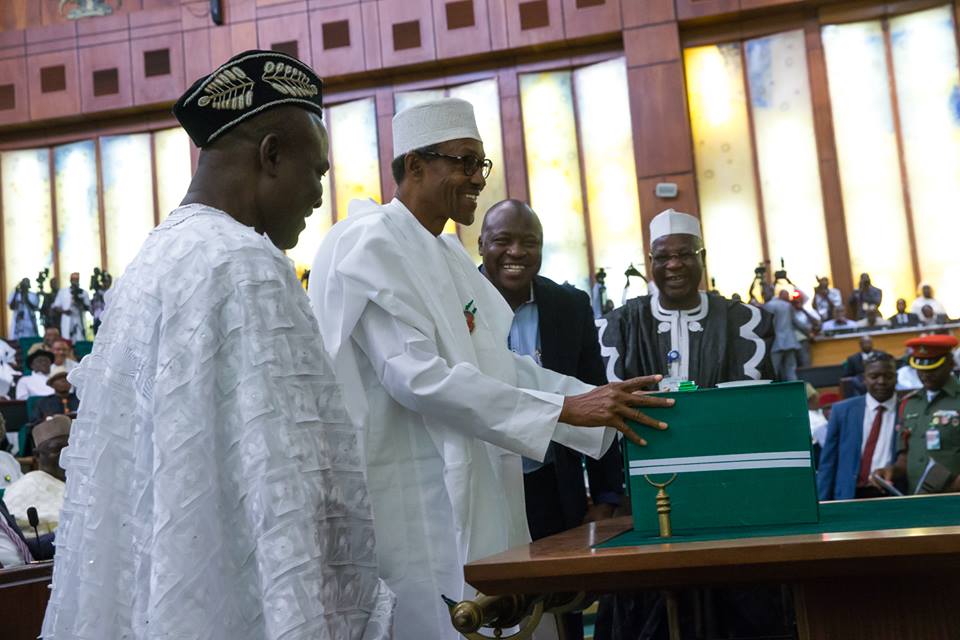
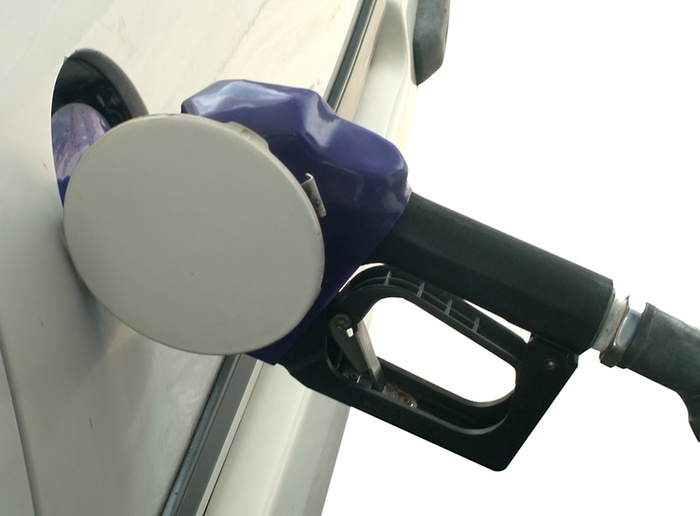
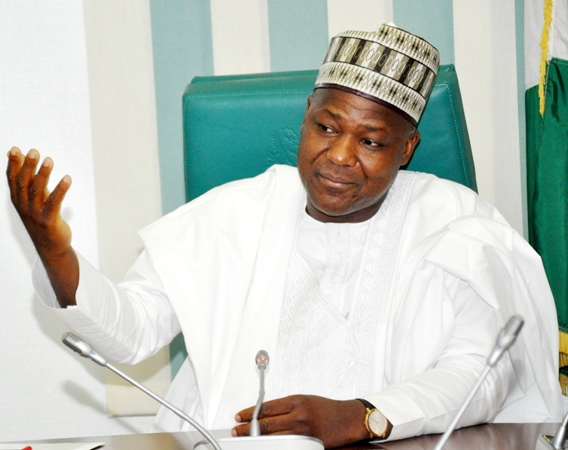


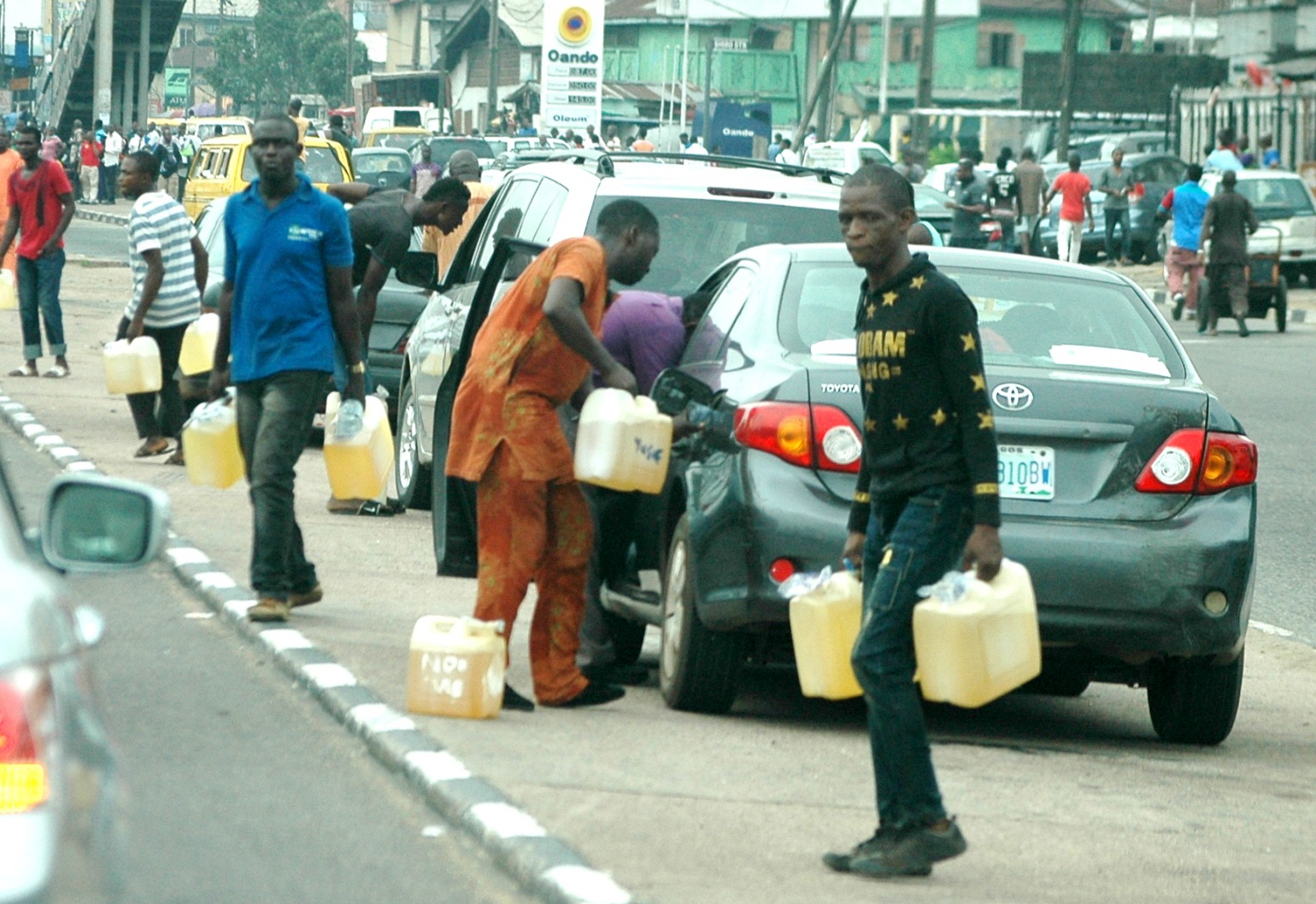
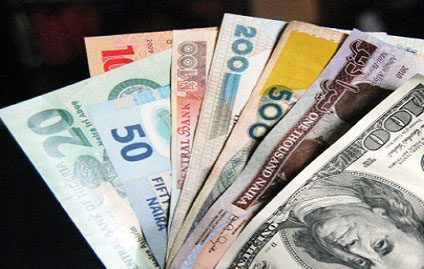
Your comment..a person who say his mother will not sleep him to will not sleep